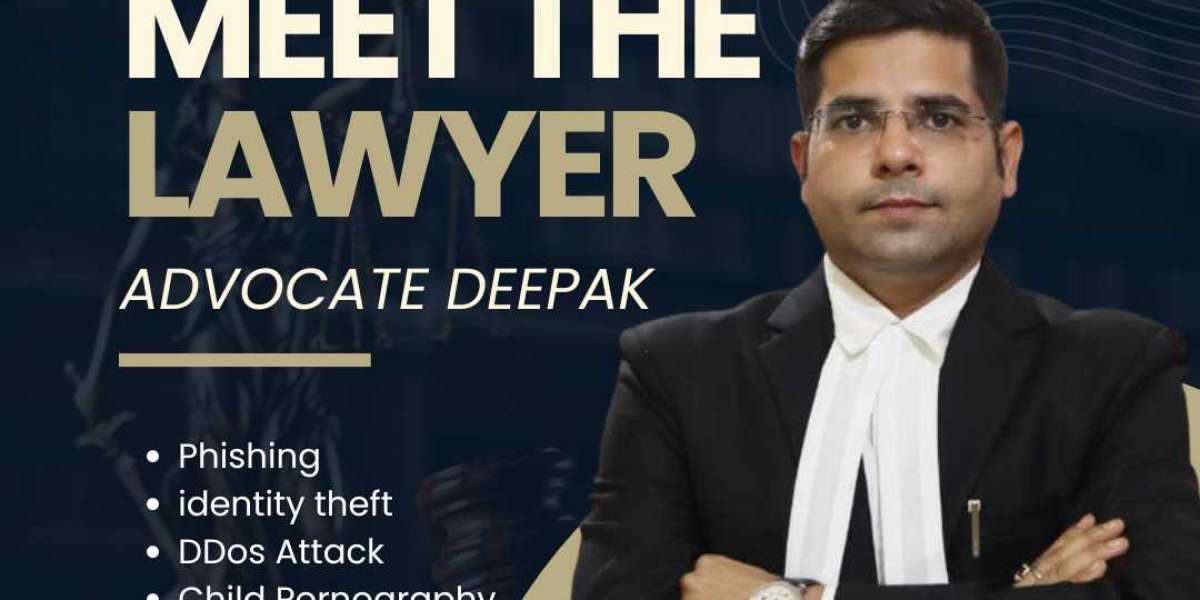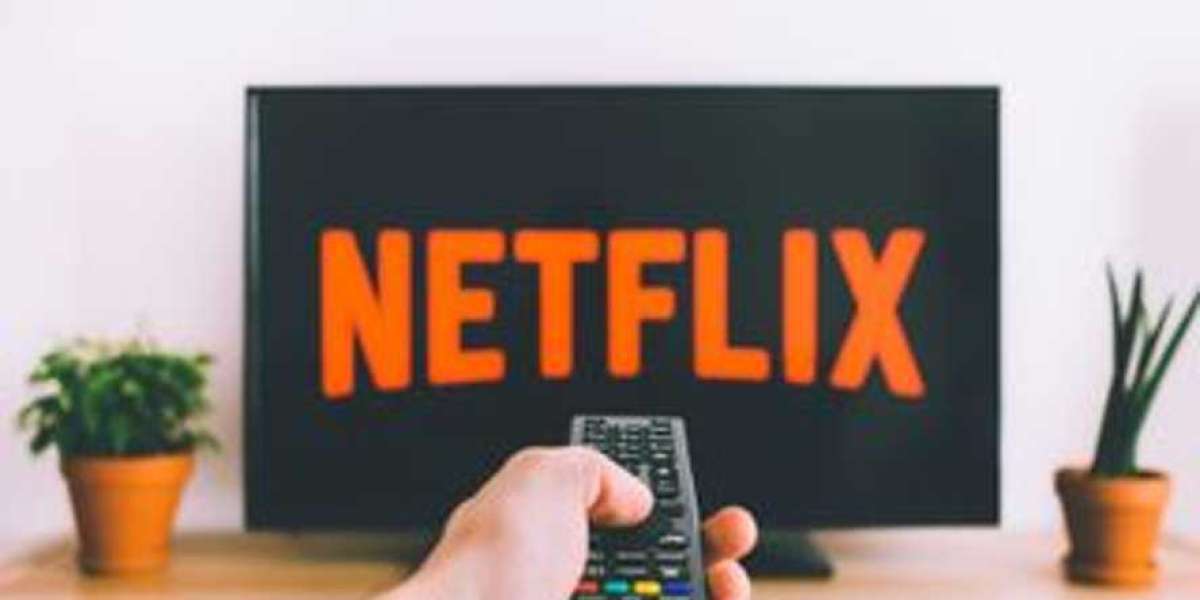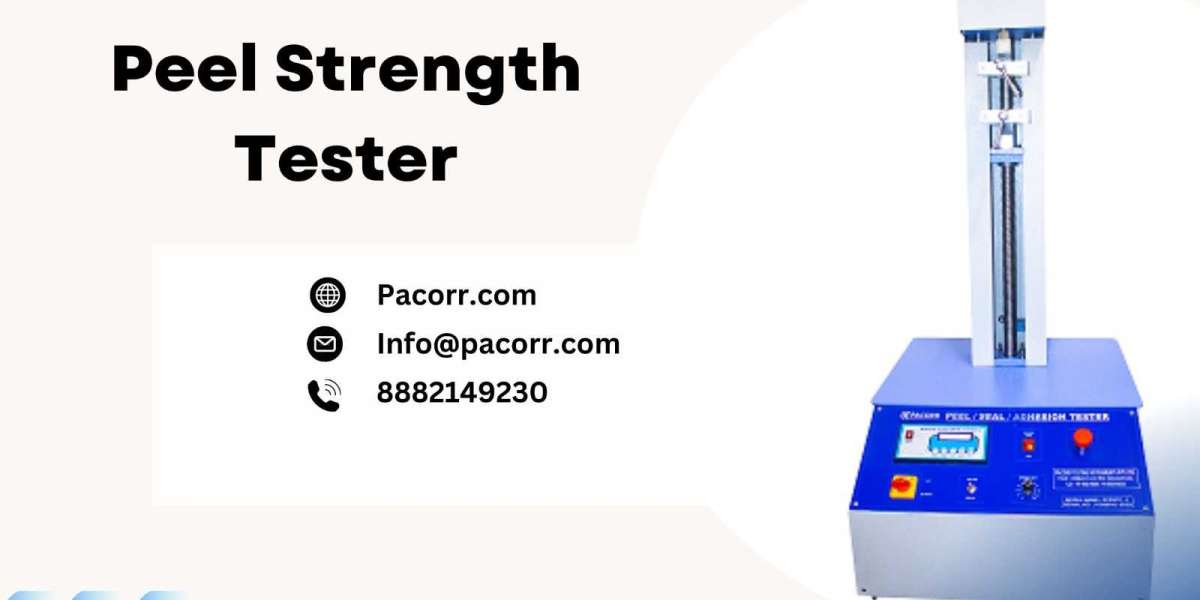Copyright infringement is a significant legal issue that arises when an individual or entity uses copyrighted material without the authorization of the copyright owner. In an era dominated by digital content, the frequency of such violations has surged, making it crucial for creators to understand their legal rights. Advocate Deepak, a seasoned expert in intellectual property law, sheds light on the legal remedies for copyright infringement and how they can protect creators' interests.
Understanding Copyright Infringement
Copyright infringement occurs when a protected work, such as a book, song, software, or artistic piece, is used without the owner's permission. This violation not only undermines the creator's rights but can also lead to substantial financial losses. The rise of the internet and digital technologies has made infringement easier and more prevalent, highlighting the importance of legal safeguards.
Key Examples of Copyright Infringement:
- Unauthorized reproduction or distribution of copyrighted content.
- Use of copyrighted music or videos without licensing.
- Copying software or digital products without permission.
- Plagiarism of written or visual works.
Advocate Deepak emphasizes that understanding the scope of copyright protection is the first step in combating infringement. Copyright law grants the creator exclusive rights, including reproduction, distribution, performance, and adaptation of their work.
Legal Framework Governing Copyright Infringement
The Copyright Act, 1957, serves as the cornerstone of copyright protection in India. It outlines the rights of copyright owners and establishes legal remedies for infringement. Advocate Deepak highlights the following critical provisions of the Act:
- Exclusive Rights of Copyright Owners: Copyright holders have exclusive rights to reproduce, distribute, and publicly display their work. Any unauthorized use constitutes infringement.
- Duration of Protection: Copyright protection typically lasts for the creator's lifetime plus 60 years after their demise.
- Civil and Criminal Remedies: The Act provides both civil and criminal remedies to combat copyright infringement, ensuring that violators face appropriate consequences.
Civil Remedies for Copyright Infringement
Civil remedies are the most commonly sought options for addressing copyright infringement. Advocate Deepak explains these remedies in detail:
- Injunctions: Courts can issue injunctions to prevent further infringement. These can be interim, temporary, or permanent, depending on the case's urgency and nature.
- Monetary Compensation: Victims of copyright infringement can claim damages for the financial loss suffered due to the violation. Courts assess the extent of the loss and may award compensatory or statutory damages.
- Account of Profits: In cases where the infringer has profited from the copyrighted work, the court may direct them to hand over the earnings to the copyright owner.
- Delivery of Infringing Material: Courts can order the infringing party to deliver or destroy unauthorized copies of the work, ensuring they are removed from circulation.
Criminal Remedies for Copyright Infringement
Advocate Deepak explains that criminal remedies are essential for deterring intentional and severe violations. The Copyright Act includes stringent penalties to discourage infringement:
- Imprisonment and Fines: Violators may face imprisonment ranging from six months to three years and fines between ₹50,000 and ₹2,00,000, depending on the severity of the offense.
- Seizure of Infringing Goods: Law enforcement can seize infringing copies and materials used to produce them, ensuring that such activities are curtailed.
- Reputational Damage: Criminal proceedings often lead to reputational harm for the infringer, serving as a strong deterrent.
Preventive Measures Against Copyright Infringement
Preventing copyright infringement is as crucial as addressing it. Advocate Deepak outlines several strategies to minimize the risk:
- Registering Copyrights: While copyright protection is automatic upon creation, registering the work strengthens the legal position in infringement cases.
- Using Digital Rights Management (DRM): DRM technologies help monitor and restrict unauthorized use of digital content.
- Drafting Licensing Agreements: Clear and detailed licensing agreements ensure that authorized users understand the scope and limitations of their rights.
- Monitoring Online Platforms: Regularly monitoring websites and social media platforms can help detect unauthorized use promptly.
The Role of Advocate Deepak in Copyright Disputes
Advocate Deepak has extensive experience handling copyright infringement cases, providing robust legal representation and guidance to creators. His expertise ensures that victims of infringement can:
- Understand Their Rights: Advocate Deepak educates clients about their legal entitlements and options under the Copyright Act.
- Build a Strong Case: With meticulous evidence collection and legal strategy, he ensures a compelling case against the infringer.
- Negotiate Settlements: In many cases, Advocate Deepak successfully negotiates settlements that compensate clients without prolonged litigation.
- Litigate Effectively: When necessary, he provides aggressive representation in court to secure favorable outcomes for his clients.
Real-Life Cases of Copyright Infringement
Advocate Deepak shares examples of cases he has handled to illustrate the legal remedies for copyright infringement:
- Music Copyright Dispute: A prominent musician’s composition was used without authorization in a commercial advertisement. Advocate Deepak secured an injunction and substantial damages for the client.
- Software Piracy Case: A tech company’s software was illegally replicated and sold online. Through a combination of civil and criminal remedies, Advocate Deepak ensured that the infringer was penalized, and the client received compensation.
- Plagiarism in Publishing: A bestselling author’s work was plagiarized and published under another name. Advocate Deepak’s intervention led to the infringing copies being withdrawn and the rightful author being credited.
Challenges in Combating Copyright Infringement
Despite robust legal frameworks, copyright infringement remains a persistent issue. Advocate Deepak highlights some challenges:
- Digital Anonymity: The anonymity of online platforms makes it difficult to identify infringers.
- International Jurisdictions: Infringements involving multiple countries require navigating complex international laws.
- Prolonged Legal Proceedings: Lengthy court cases can discourage victims from pursuing remedies.
Conclusion
Legal remedies for copyright infringement are vital for protecting creators’ rights and ensuring accountability for violators. From civil damages to criminal penalties, the law offers a comprehensive toolkit to address such violations. Advocate Deepak’s expertise in intellectual property law empowers creators to safeguard their work and seek justice effectively. By leveraging his guidance, creators can focus on their craft, knowing their rights are well-protected.
Contact Advocate Deepak Today
If you’re dealing with a cybercrime issue in Noida, don’t wait. Advocate Deepak is here to provide the legal support you need. With his expertise, you can rest assured that your case is in capable hands.
Contact Number: +91-7303072764
Office Location: Noida, Uttar Pradesh
Take the first step towards justice today with Advocate Deepak, the top advocate for cybercrime cases in Noida. Let his expertise be your shield against the ever-growing threat of cybercrime.
Vist:https://www.youtube.com/watch?v=cnEIrsZvfS0








